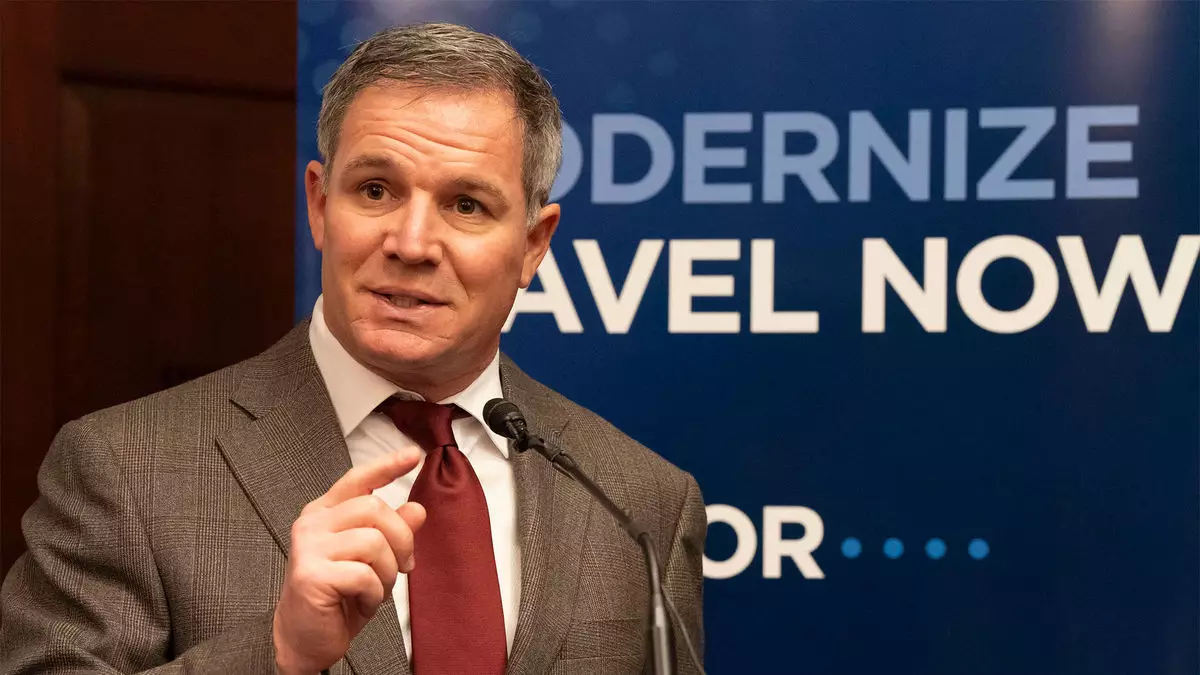As the United States braces for a significant influx of international visitors over the next decade, urgent modernization of the nation’s air travel infrastructure is not just advisable; it is essential. Forecasts indicate that high-profile global events, including the 2026 FIFA World Cup, the 2028 Olympic and Paralympic Games, and America’s 250th anniversary, could lead to an addition of approximately 40 million international travelers. The soaring numbers of inbound travelers may result in a staggering $95 billion in economic impact, yet the current state of air travel in the U.S. is far from equipped to handle such a surge.
The U.S. Travel Association has sounded the alarm through their Commission on Seamless and Secure Travel, urging the federal government to take swift and decisive measures. Recommendations to remedy this situation include the establishment of a specialized task force at the White House focused on managing the anticipated influx of visitors. Among the suggested actions are increasing consular staff to expedite visa processing and investing heavily in modern technology for airport security screening. Additionally, the hiring of more customs agents at airports is crucial to reduce the notoriously long wait times experienced by travelers, especially those returning from overseas.
Geoff Freeman, CEO of U.S. Travel, emphasized during a recent Congressional meeting that the forthcoming decade presents a ‚once-in-a-generation opportunity‘ for radical change in the air travel landscape of the United States. He posits that without big and bold actions, mere incremental adjustments will not suffice to address the challenges that lie ahead. The vision extends beyond mere reform; it involves reimagining air travel to enhance security and efficiency while addressing the inevitable demand spikes.
A critical component of the proposed overhaul is to upgrade the outdated air traffic control systems and address the alarming shortage of air traffic controllers that has plagued the nation’s aviation sector. The Commission has committed to pushing for a cutting-edge airport screening process that utilizes modern technology designed to both bolster security and minimize wait times. For instance, among their suggestions is allowing travelers to carry larger liquid containers and electronic devices in their bags without the need for cumbersome extraction during the screening process.
The message is clear: maintaining the status quo is not an option in an era where global competitors are improving their travel infrastructure at a remarkable pace. Freeman pointed out that the U.S. not only faces rising travel demands but also an obligation to modernize amidst accelerating advancements abroad. By proactively addressing these challenges, the United States can secure its position as a premier destination for travelers around the world while leveraging the economic benefits that such a renaissance in travel can produce. Without action now, the potential benefits may be lost amid frustrations and inefficiencies that could deter future visitors.
The path to revitalizing U.S. air travel lies in collaborative and bold strategic changes aimed at enhancing infrastructure. By embracing these necessary transformations, the nation can truly capitalize on the upcoming decade of incredible opportunity in tourism.


Napsat komentář